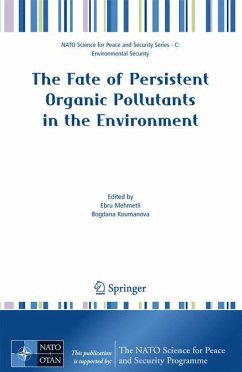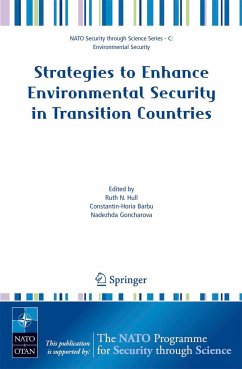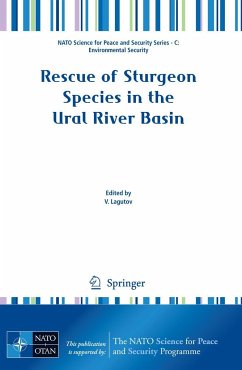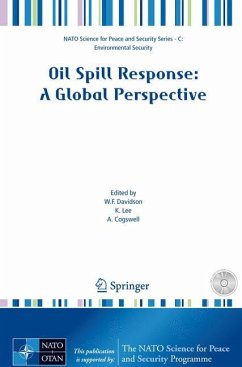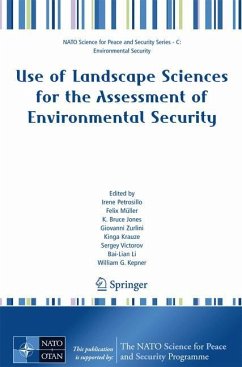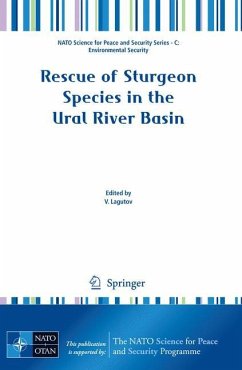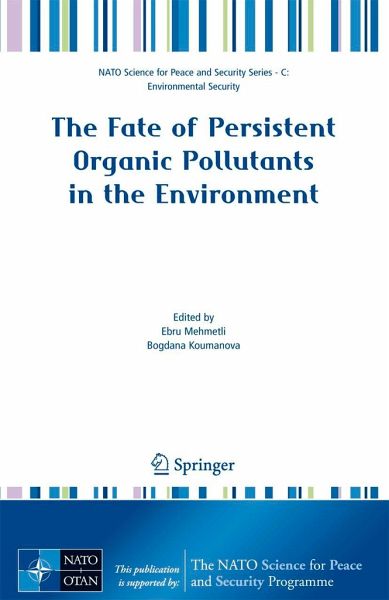
The Fate of Persistent Organic Pollutants in the Environment
Versandkostenfrei!
Versandfertig in 6-10 Tagen
113,99 €
inkl. MwSt.
Weitere Ausgaben:

PAYBACK Punkte
57 °P sammeln!
Persistent organic pollutants (POPs) are organic compounds of natural or anthropogenic origin that resist photolytic, chemical and biological degradation. They are characterized by low water solubility and high lipid solubility, resulting in bioaccumulation in fatty tissues of living organisms. These properties of unusual high persistence and semi-volatility, coupled with other characteristics, have resulted in the presence of POPs all over the world, even in regions where they have never been used. With the evidence of long-range transport of these substances to regions, the international com...
Persistent organic pollutants (POPs) are organic compounds of natural or anthropogenic origin that resist photolytic, chemical and biological degradation. They are characterized by low water solubility and high lipid solubility, resulting in bioaccumulation in fatty tissues of living organisms. These properties of unusual high persistence and semi-volatility, coupled with other characteristics, have resulted in the presence of POPs all over the world, even in regions where they have never been used. With the evidence of long-range transport of these substances to regions, the international community has now, at several occasions called for urgent global actions to reduce and eliminate releases of these chemicals. Many countries have already banned or severely restricted the production and use of the twelve POPs in recent decades. Yet they remain a serious problem around the world. Because these chemicals have the ability to travel long distances from their original sources, relying on national-level action alone is ultimately a futile effort.
This book employs a science-based approach to identify and take action against POPs, and additionally, provides access to technical information on POPs. The book will be an overview of the existing POP monitoring activities and programs.
This book employs a science-based approach to identify and take action against POPs, and additionally, provides access to technical information on POPs. The book will be an overview of the existing POP monitoring activities and programs.





